This website uses cookies so that we can provide you with the best user experience possible. Cookie information is stored in your browser and performs functions such as recognising you when you return to our website and helping our team to understand which sections of the website you find most interesting and useful.
Read between the lines as Tempus explores the 2020 Booker Prize shortlist
By Tempus | 7 November 2020 | Culture
Discover the greatest novels of the year with the 2020 Booker Prize
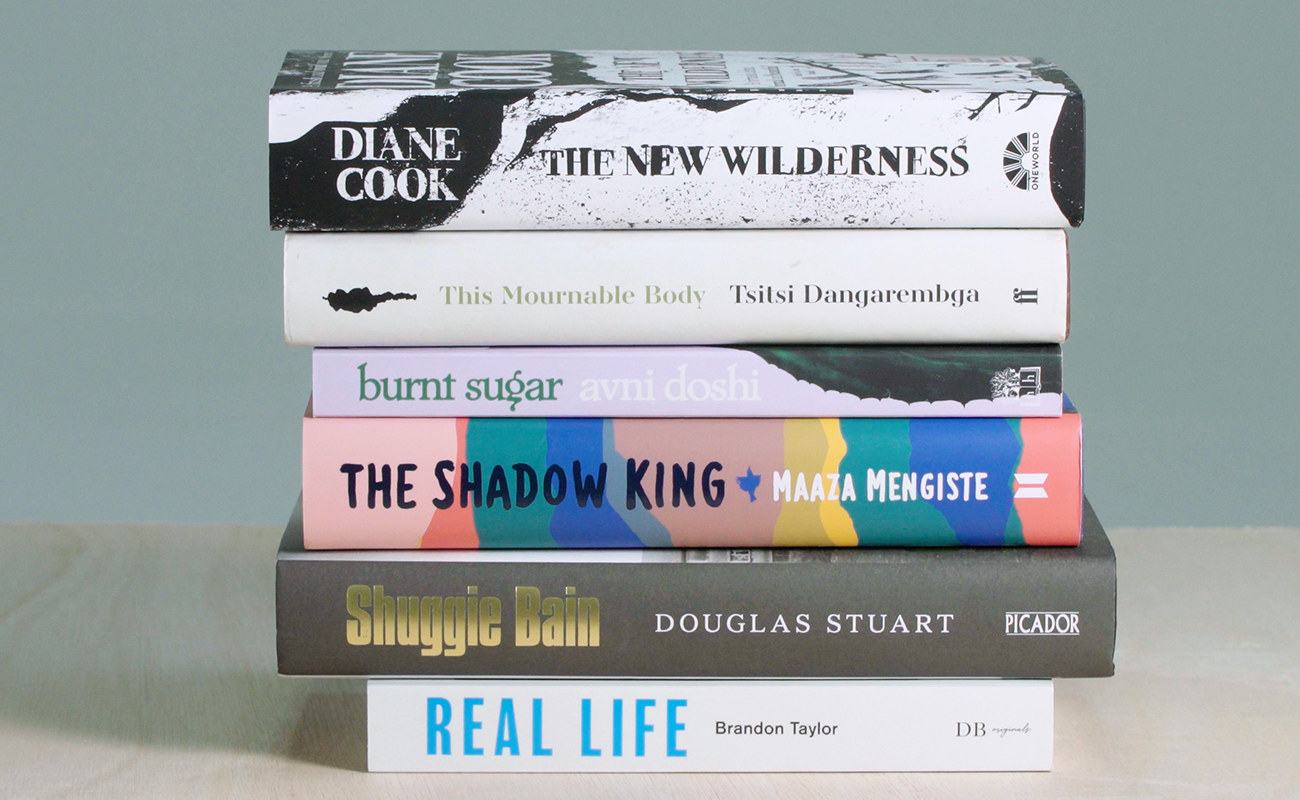
Launched in 1969, the Booker Prize for Fiction is a literary prize awarded each year for the best original novel written in the English language and published in the UK. Previous winners have included titans of their genre, such as William Golding, Salman Rushdie, Ian McEwan and Hilary Mantel while, in 2019, a shock announcement saw Margaret Atwood and Bernardine Evaristo share the prize.
This year’s shortlist, selected from 162 submissions, is the prize’s most diverse selection of fiction yet; four of the six novels are the author’s debut, and four have been printed by independent publishers. The judging panel comprises Lee Child, author of the Jack Reacher series; writer and broadcaster Lemn Sissay; author and classics professor Emily Wilson; and writer and critic Sameer Rahim, all alongside the panel’s chair, publisher, editor and activist Margaret Busby.
“The best novels often prepare our societies for valuable conversations,” says Busby. “Not just about the inequities and dilemmas of the world − whether in connection with climate change, forgotten communities, old age, racism, or revolution when necessary − but also about how magnificent the interior life of the mind, imagination and spirit is, in spite of circumstance.”
Here, the Booker Prize judges tell us why these six novels are so unputdownable… >>
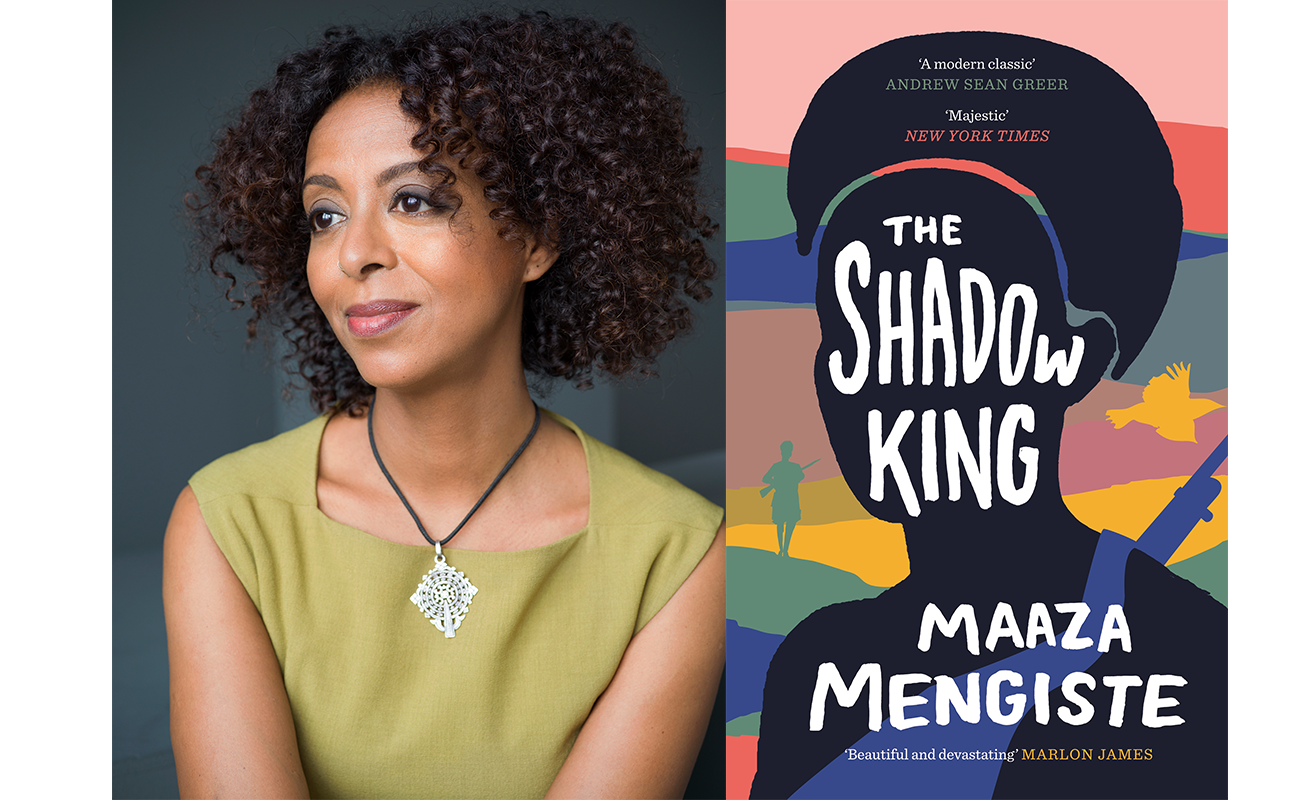
THE SHADOW KING
Born in Ethiopia and based in New York City, Mengiste has set her novel in the shadow of the second Italo-Ethiopian war. The Shadow King follows Hirut, who plots to disguise a gentle peasant as the country’s exiled emperor and inspires other women to take up arms; but her own personal war as a prisoner is yet to come.
Lee Child says: “As a fellow writer I was bowled over by Mengiste’s effortless management of an epic and ambitious structure. As a hungry reader I loved the way she found a personal, intimate and tragic story centred on luminous, living, breathing characters. As a Booker judge I was completely convinced by the end result, which is both huge in its sweep and personally owned by Hirut, the fierce and resourceful protagonist… The story is important – really the opening shots of the Second World War – but rarely told before, and the whole is wrapped in gorgeous, lyrical prose of the highest quality.”

SHUGGIE BAIN
The debut novel of Scottish-American author Stuart follows single mother Agnes Bain and her three children in 1981 Glasgow. With poverty on the rise in the struggling mining town, Agnes turns to alcohol for comfort, while her son, Shuggie, has problems of his own.
Emily Wilson says: “Douglas Stuart’s debut creates an amazingly intimate, gripping portrait of addiction, courage and love. Shuggie Bain is a heartbreaking, heartwarming yet unsentimental novel which gives a vivid glimpse of a marginalised, impoverished community in a bygone era of British history… We admired the book’s immersive, nuanced portrait of a tight- knit social world, its people and its values, and we were deeply moved by the portrait of the mother, Agnes. Shuggie Bain is a desperately sad, but almost-hopeful examination of family and the destructive powers of desire.”
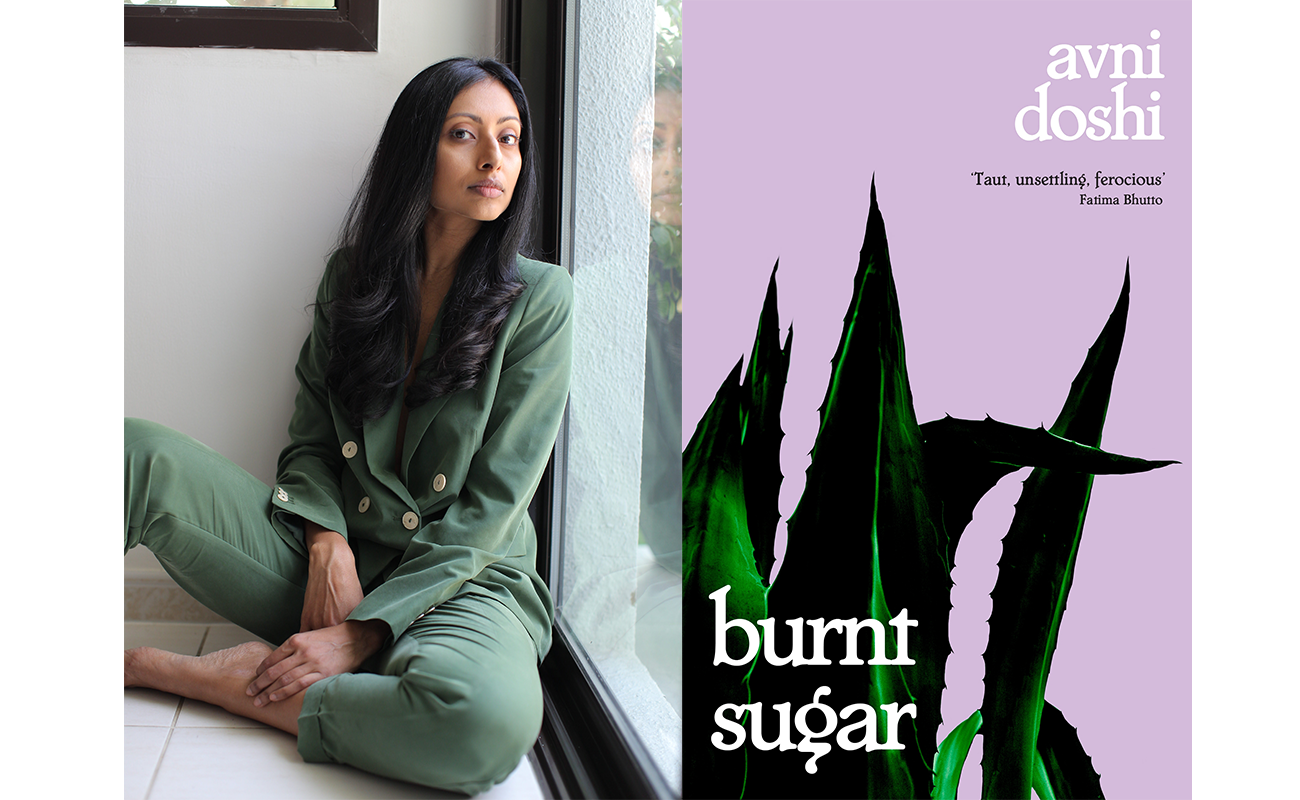
BURNT SUGAR
By Avni Doshi
Born in New Jersey and based in Dubai, Doshi has written a powerful first novel about love and betrayal between mother and daughter. Tara abandoned traditional life, with her young child in tow, but years later that daughter must become the carer.
Sameer Rahim says: “Burnt Sugar explores the complex relationship between a mother and daughter in contemporary India. Precisely written, and told from a resolutely unsentimental perspective, Avni Doshi’s novel explores what happens when a difficult mother starts to fade into illness. As the title indicates, this is a novel that often leaves a bitter taste in the mouth. That is a deliberate and often bracing effect: the author bravely pushes the limits of the reader’s sympathy. It is a compelling book, beautifully written and with startling imagery – emotionally wrenching and poignant in equal measure.”
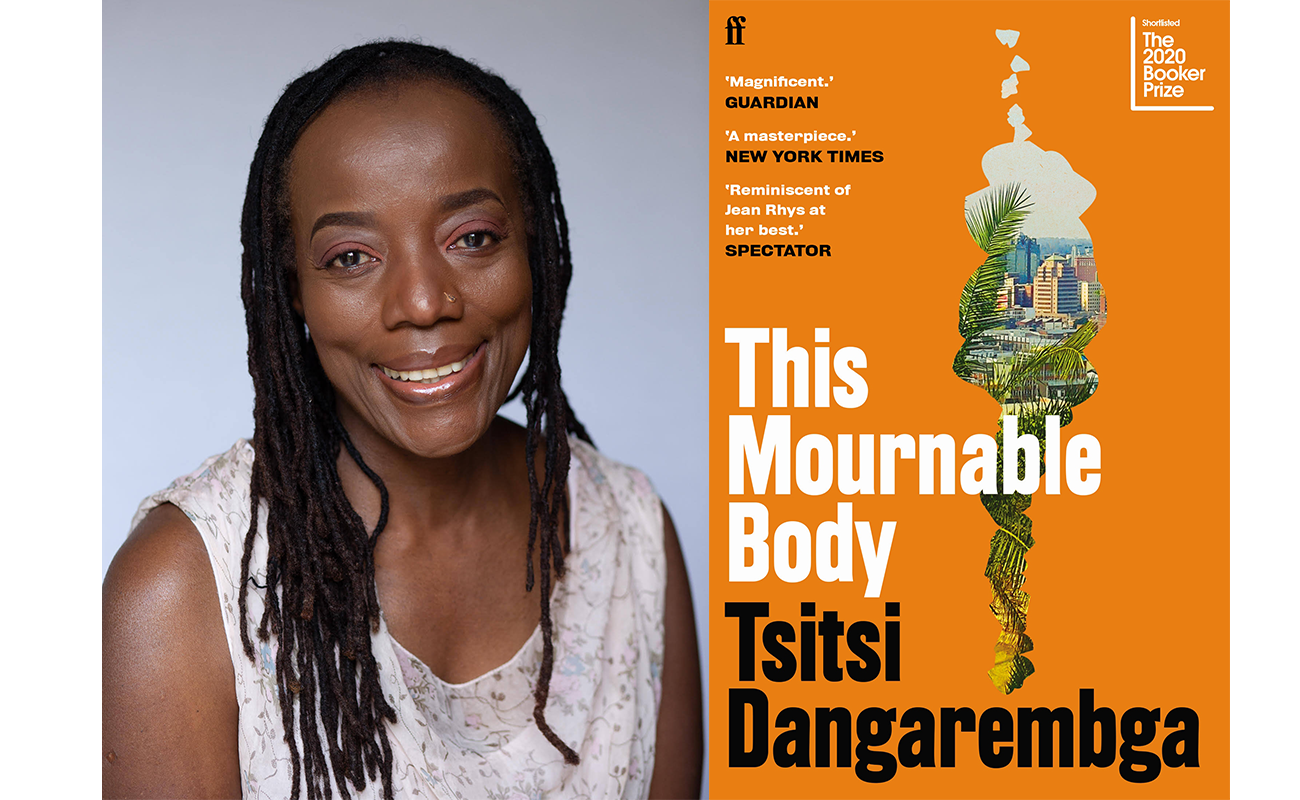
THIS MOURNABLE BODY
Zimbabwean author and activist Dangarembga’s novel is a tense and psychologically charged read. Living in a rundown youth hostel in downtown Harare, Tambudzai attempts to make a life for herself.
Margaret Busby says: “We found This Mournable Body, set in late 20th-century Zimbabwe, both heartbreaking and haunting – a compelling novel in which the breakdown of the female protagonist, Tambu, and the breakdown of a country are inextricably linked. Written in an eloquent, cinematic style that with each page rewards the reader’s commitment, This Mournable Body is also an acute observation of the absurdities and indignities endured as a result of the foibles of the tourism industry in Africa; but at heart it is a universal story, of an intelligent person enmeshed in mediocrity and injustice, forced to swallow the pill of disillusion while being kept going by hope.”
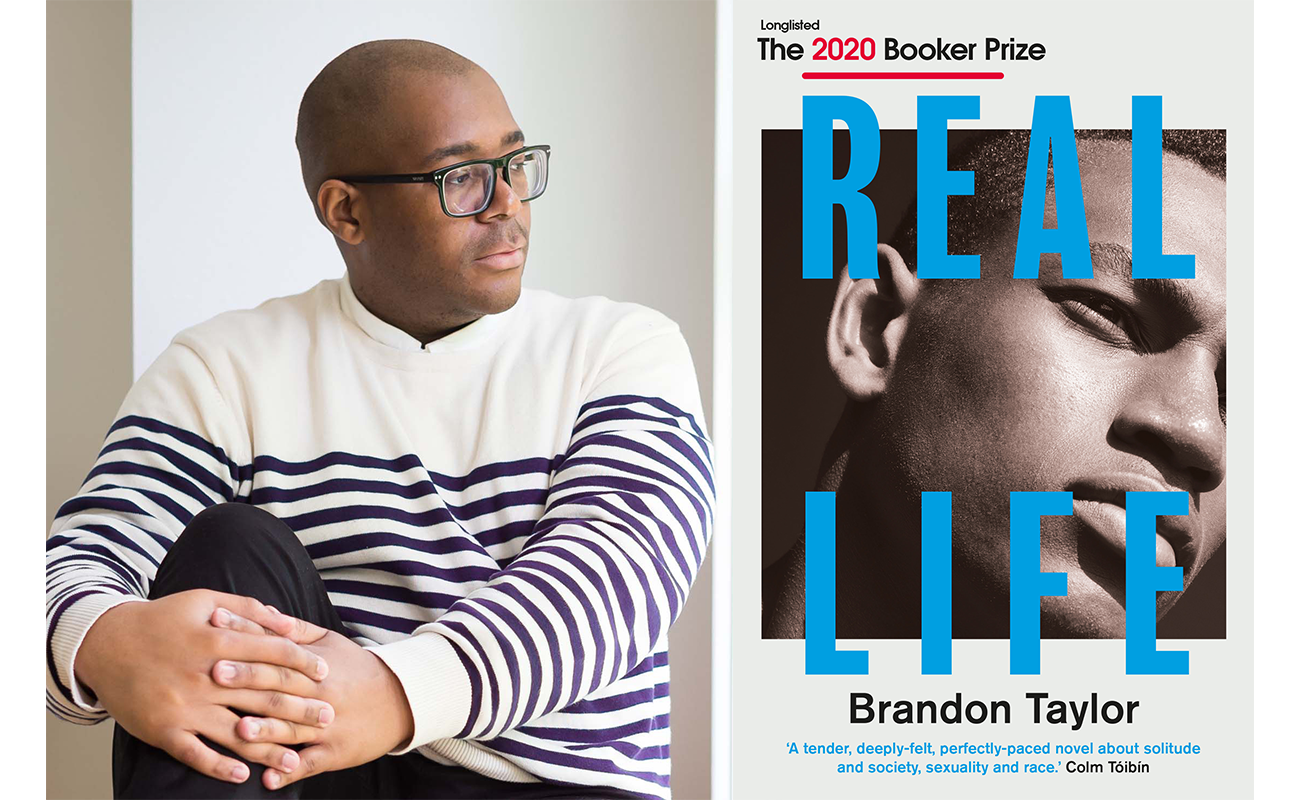
REAL LIFE
Taylor’s debut novel follows Wallace – an introverted African-American at odds with the university town where he is studying. Confrontations with his colleagues and an unexpected encounter with a young straight man force Wallace to question his past and future. A nuanced novel that navigates the prejudgments of race and sexuality within academia.
Margaret Busby says: “Real Life held our attention and admiration as a fresh take on the campus-novel – the story of Wallace, an introverted young man whose Alabama background has not prepared him for what he must deal with as he works his way towards a degree in a Midwestern college town. A beautifully written debut, this alchemy of identity and sexuality in the seemingly hermetic halls of academia is a quietly moving and nuanced account of micro-aggressions, racism, trauma, grief and alienation.”
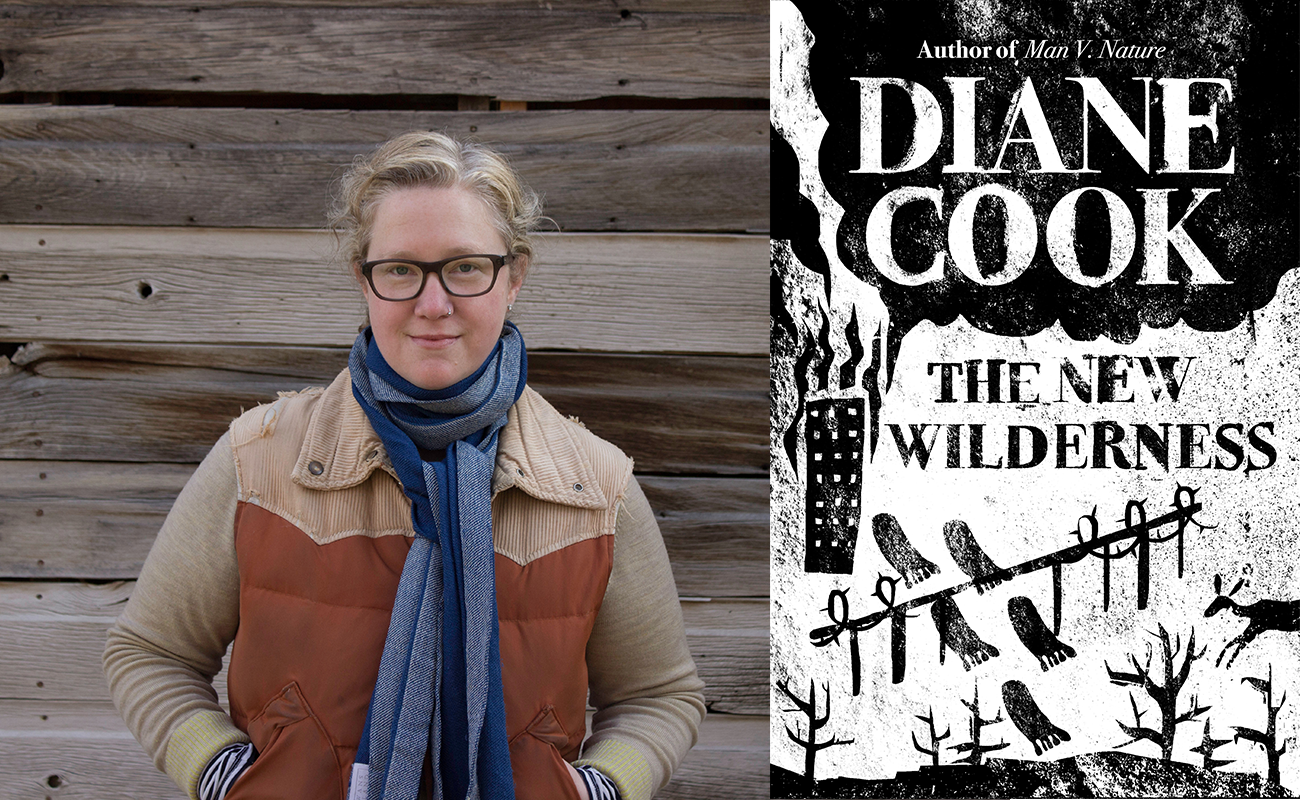
THE NEW WILDERNESS
By Diane Cook
Brooklyn-based Cook is a critically acclaimed novelist and short story writer whose shortlisted novel tells of her protagonist Bea’s battle to save her daughter in a world ravaged by climate change.
Lemn Sissay says: “Journeys through the wilderness are as old as the hills but this is the ‘New Wilderness’, created by humans to preserve us from extinction… It’s a novel taking on the greatest story of our times − climate change − but through the intimate relationships of a select group who, as an experiment, are living in it… The characters are driven by each other and their environment. They get wilder and wilder. At its centre is the intense loving and punishing relationship between mother and daughter, Bea and Agnes. […] An urgent novel reflective of what is happening in society now.”







